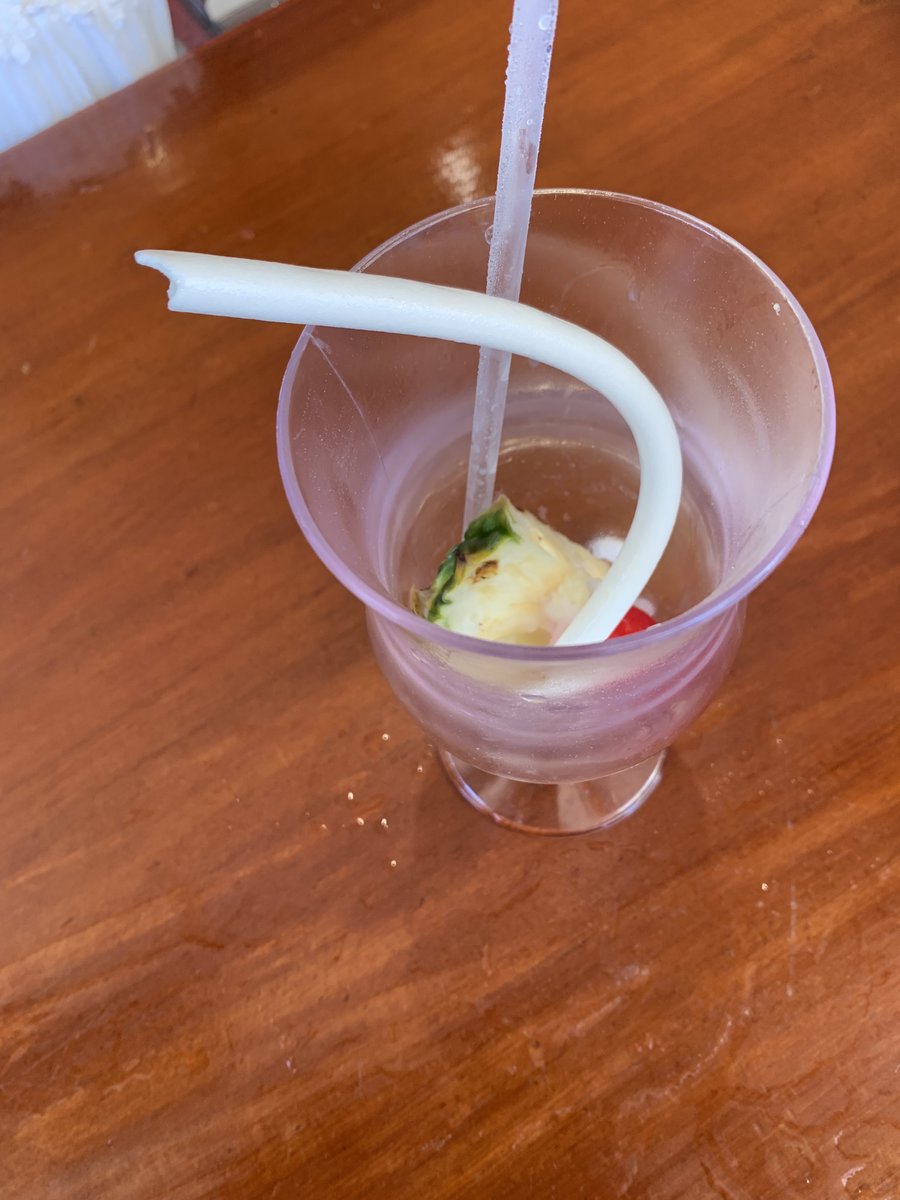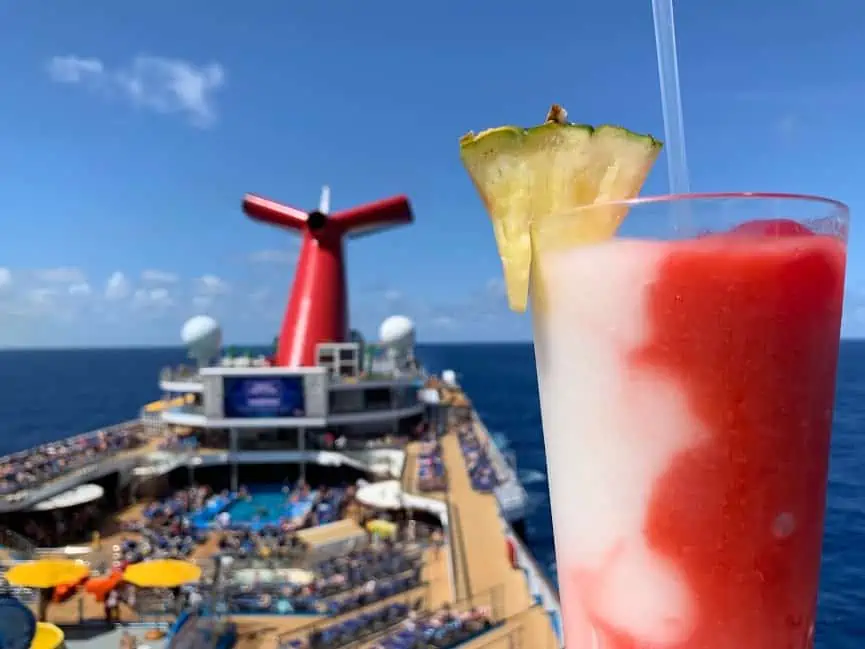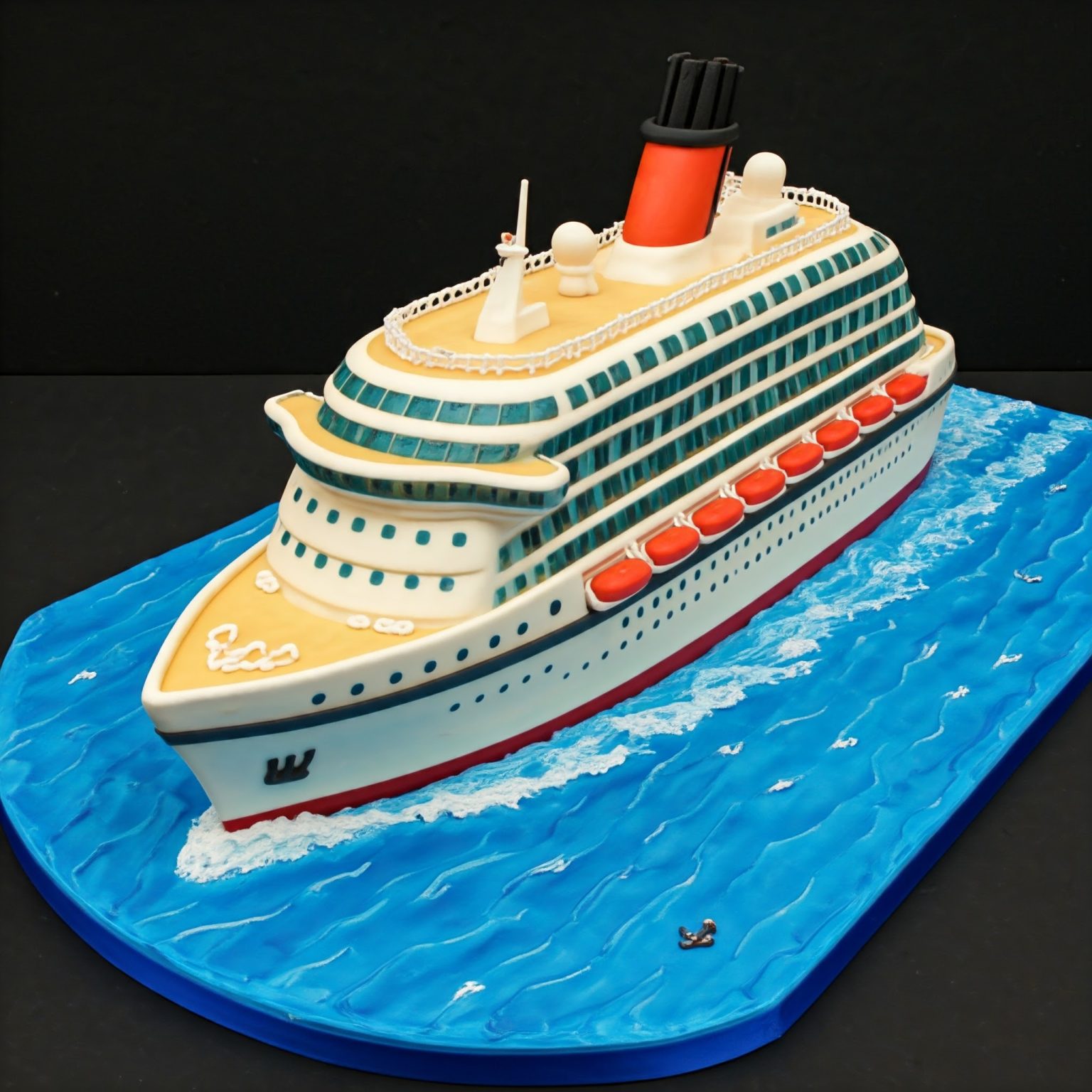Taking Edibles On A Cruise Ship

A relaxing cruise vacation can quickly turn into a legal and logistical nightmare for passengers who choose to bring cannabis edibles onboard. While the allure of enjoying THC-infused treats on the high seas might be tempting, a growing number of travelers are discovering that the intersection of international maritime law, varying national regulations, and stringent cruise line policies creates a complex and potentially perilous situation.
This article delves into the risks and realities of taking edibles on a cruise ship, exploring the legal framework, enforcement practices, and the potential consequences that passengers face. We examine the conflicting laws governing cannabis use, the cruise lines' zero-tolerance policies, and the impact on individuals who underestimate the severity of these regulations.
The Legal Labyrinth of Cannabis at Sea
Navigating the legality of cannabis, including edibles, on a cruise ship is akin to traversing a constantly shifting legal landscape. The seemingly simple act of packing edibles can trigger a chain of legal complexities tied to the ship's flag state, the laws of the ports of embarkation and disembarkation, and the countries visited during the voyage.
The flag state, or the country where the ship is registered, often dictates the overarching laws that apply onboard. Many cruise ships are registered in countries with stricter drug laws than some U.S. states or even some European nations.
Furthermore, even if cannabis is legal in the state or country where the cruise originates, that legality often ceases to exist once the ship enters international waters or ports in countries where cannabis remains illegal. This creates a situation where a passenger can be in compliance with local laws at the start of the cruise, but immediately violate laws as soon as the ship sets sail.
Cruise Line Policies: A Zero-Tolerance Stance
Beyond the complexities of international law, cruise lines themselves maintain strict zero-tolerance policies regarding illegal substances, including cannabis edibles. These policies are often outlined in the cruise contract, a binding agreement between the passenger and the cruise line.
These policies typically grant the cruise line the right to search passenger belongings, including luggage and cabins, if there is reasonable suspicion of illegal activity. If edibles are discovered, the consequences can be severe.
Carnival Cruise Line, for example, explicitly prohibits the possession of illegal narcotics, including cannabis, regardless of whether it is legal in the passenger's home state or country. Similar policies are in place for other major cruise lines like Royal Caribbean and Norwegian Cruise Line.
Potential Consequences: From Confiscation to Criminal Charges
The consequences of being caught with edibles on a cruise ship range from confiscation of the substance to being detained by local authorities. The specific repercussions depend on several factors, including the quantity of edibles, the location of the ship, and the applicable laws.
At a minimum, cruise lines will typically confiscate the edibles and issue a warning. However, in more serious cases, passengers may be disembarked at the next port of call and left to their own devices to arrange for return travel.
In some instances, passengers may face arrest and prosecution under the laws of the country where they are disembarked. This can lead to hefty fines, imprisonment, and a criminal record that could impact future travel and employment opportunities.
A case study highlighted by several travel law blogs involved a passenger on a Caribbean cruise who was found with a small amount of cannabis edibles. They were subsequently detained by local authorities in a port country and faced significant legal expenses to resolve the situation.
Enforcement Practices: Detection and Detection Avoidance
Cruise lines employ various methods to detect illegal substances, including drug-sniffing dogs, baggage screening, and surveillance. Passengers should not underestimate the sophistication of these detection efforts.
While some passengers may attempt to conceal edibles within other items or packaging, these efforts are often unsuccessful. Drug-sniffing dogs are trained to detect even small amounts of cannabis, and baggage screening can identify suspicious items.
Attempting to circumvent security measures can also result in increased scrutiny and potential legal ramifications. Honesty and adherence to the cruise line's policies are the safest and most advisable course of action.
Alternative Options and Legal Considerations
For passengers who wish to consume cannabis products during their vacation, exploring destinations where cannabis is legal may be a more prudent option. Several countries and U.S. states have legalized cannabis for recreational or medicinal use, allowing travelers to legally purchase and consume cannabis products within those jurisdictions.
It is crucial to thoroughly research the laws and regulations of the specific destination before traveling. While cannabis may be legal in some areas, there may still be restrictions on possession, consumption, and transportation.
Consulting with a legal professional who specializes in cannabis law or travel law can provide valuable guidance and ensure compliance with all applicable regulations.
Looking Ahead: Evolving Laws and Cruise Line Policies
As cannabis laws continue to evolve globally, it is likely that cruise lines will face increasing pressure to adapt their policies. However, given the complexities of international maritime law and the diverse legal landscapes of the countries they visit, it is unlikely that cruise lines will significantly relax their restrictions on cannabis in the near future.
Passengers should remain vigilant and informed about the current regulations and cruise line policies regarding cannabis. Understanding the risks and potential consequences is crucial for making responsible decisions and avoiding legal complications.
Ultimately, the safest approach is to refrain from bringing edibles or other cannabis products on a cruise ship. Choosing to prioritize compliance with the law and the cruise line's policies will ensure a stress-free and enjoyable vacation experience.

















